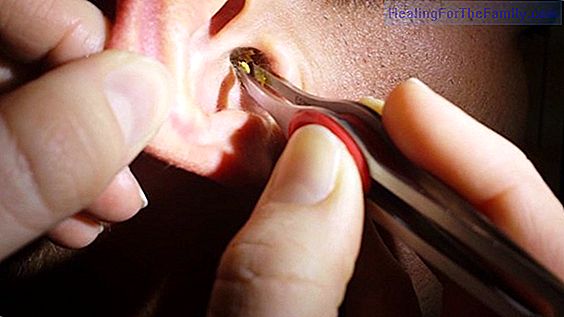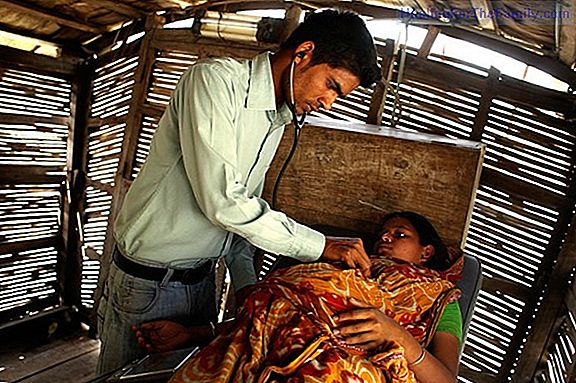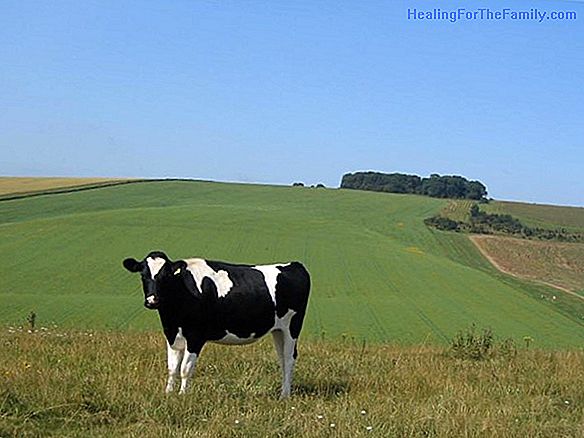The consumption of fats in pregnancy
Fats are one of the essential nutrients during pregnancy for the development of the baby. The diet of the pregnant woman must be balanced and contain a variety of foods. Therefore, you should not perform a slimming diet during pregnancy, let alone eliminate fats since they are the body's energy rese
Fats are one of the essential nutrients during pregnancy for the development of the baby. The diet of the pregnant woman must be balanced and contain a variety of foods. Therefore, you should not perform a slimming diet during pregnancy, let alone eliminate fats since they are the body's energy reserves and should account for around 30 percent of daily consumption.
Types of fats in pregnancy

Detecting and knowing the different types of fats in pregnancy will help you choose those that are beneficial because they involve vital organs, transport vitamins, help the formation of hormones or constitute an essential source of energy for those that do not bring associated advantages and fundamentally elevate cholesterol or triglycerides.
Saturated fats in the pregnant: consumed in excess increase the level of cholesterol so you have to limit its consumption to the maximum, but never eradicate it completely. They are present in butter, cream, bacon, chocolate or fat from meat. An excess of saturated fats will make you gain weight quickly.
Unsaturated fats: It is important that you consume these fats during pregnancy as they protect the blood vessels. They are of two types: monounsaturated fats present in olive oil and nuts and polyunsaturated fats, which are found in blue fish, vegetable margarines 100 percent vegetables or cod liver oil. The polyunsaturated fats include omega3 fats, a type of fat that can not be manufactured by the human body and it is convenient to eat it through food. Omega3 acid is important for the brain and eye development of the baby.
Fat needs in pregnant women
It is convenient to have a healthy diet during pregnancy that contains different types of foods. The nutrients present in the food will help the development of the baby and one of these nutrients are fats.
A woman will gain around 500 grams of fatty acids throughout the 40 weeks of pregnancy. The greatest demand for these fatty acids will occur in the second and third trimesters due to the increase of the breasts to prepare for lactation, the growth of the uterus, the placenta and the development of the fetus.
It is convenient to take at least four times a week blue fish, rich in omega3 fatty acids as well as olive oil and nuts. On the other hand, it is advisable to avoid fats during pregnancy that are present in the industrial bakery and snacks.












